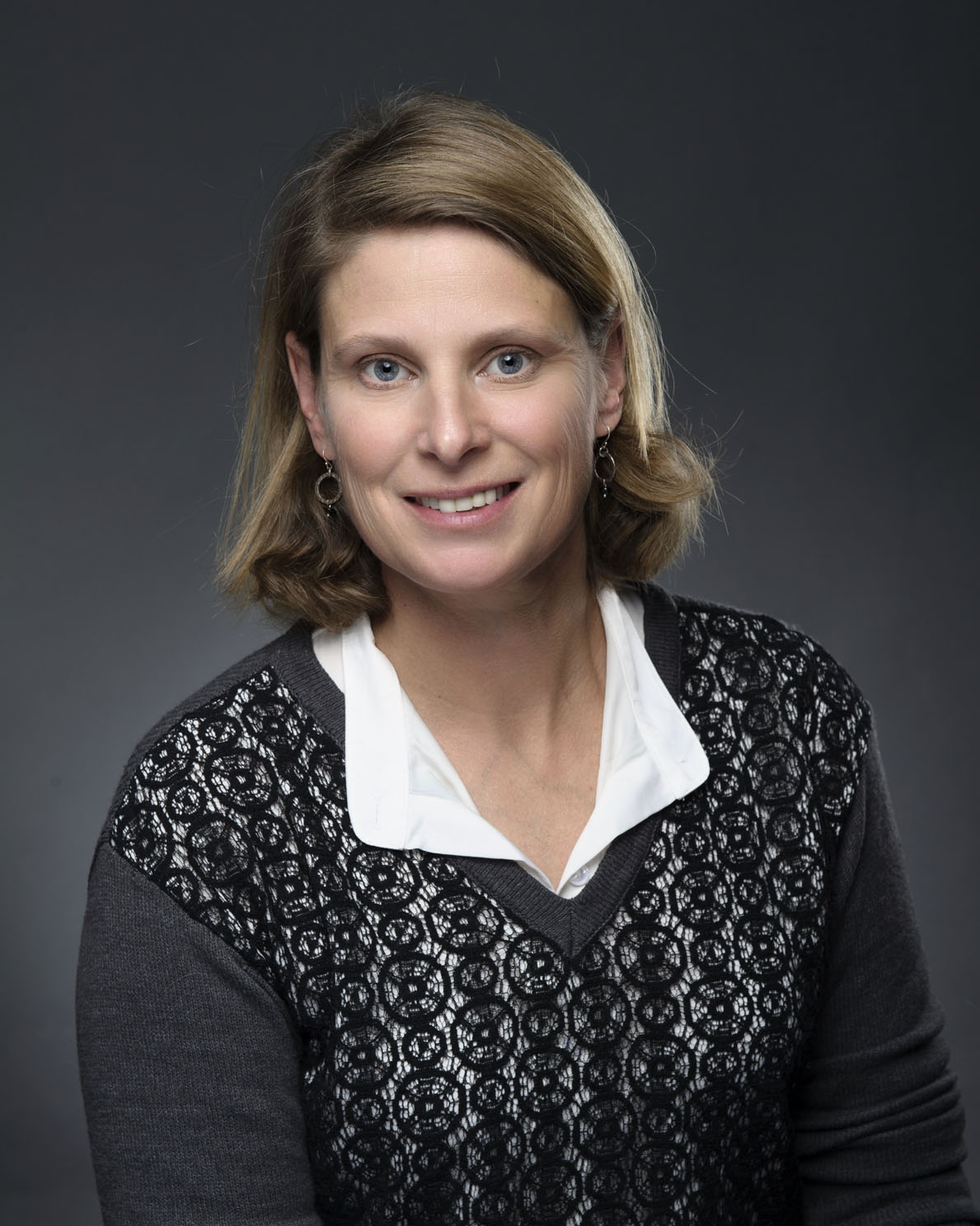Investigators & Extension
Paul Stoy, Montana State University

Selena Ahmed, Montana State University

Selena Ahmed, PhD, is an Assistant Professor at Montana State University researching sustainable food and bioenergy systems. Her research, teaching, and outreach interests are at the intersection of the ecological, cultural, and health aspects of food systems with a focus on food security and food environments in health disparate communities. Since joining the faculty of Montana State University in Fall 2013, she jointly initiated The Food and Health Lab in collaboration with Dr. Carmen Byker Shanks with the objective to carry out and provide training on basic, behavioral, and applied research to explore agricultural-nutrition-health linkages.
As the Principle Investigator of the Agroecology and Phytochemistry Group of the Food and Health Lab, she is particularly interested in identifying the socio-ecological determinants of environmental and human well being in the food system.
http://www.montana.edu/hhd/
Jack Brookshire, Montana State University
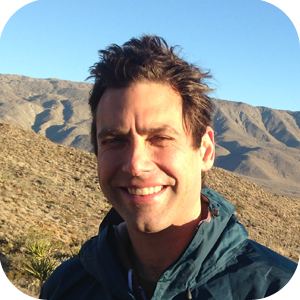
Selena Gerace, University of Wyoming
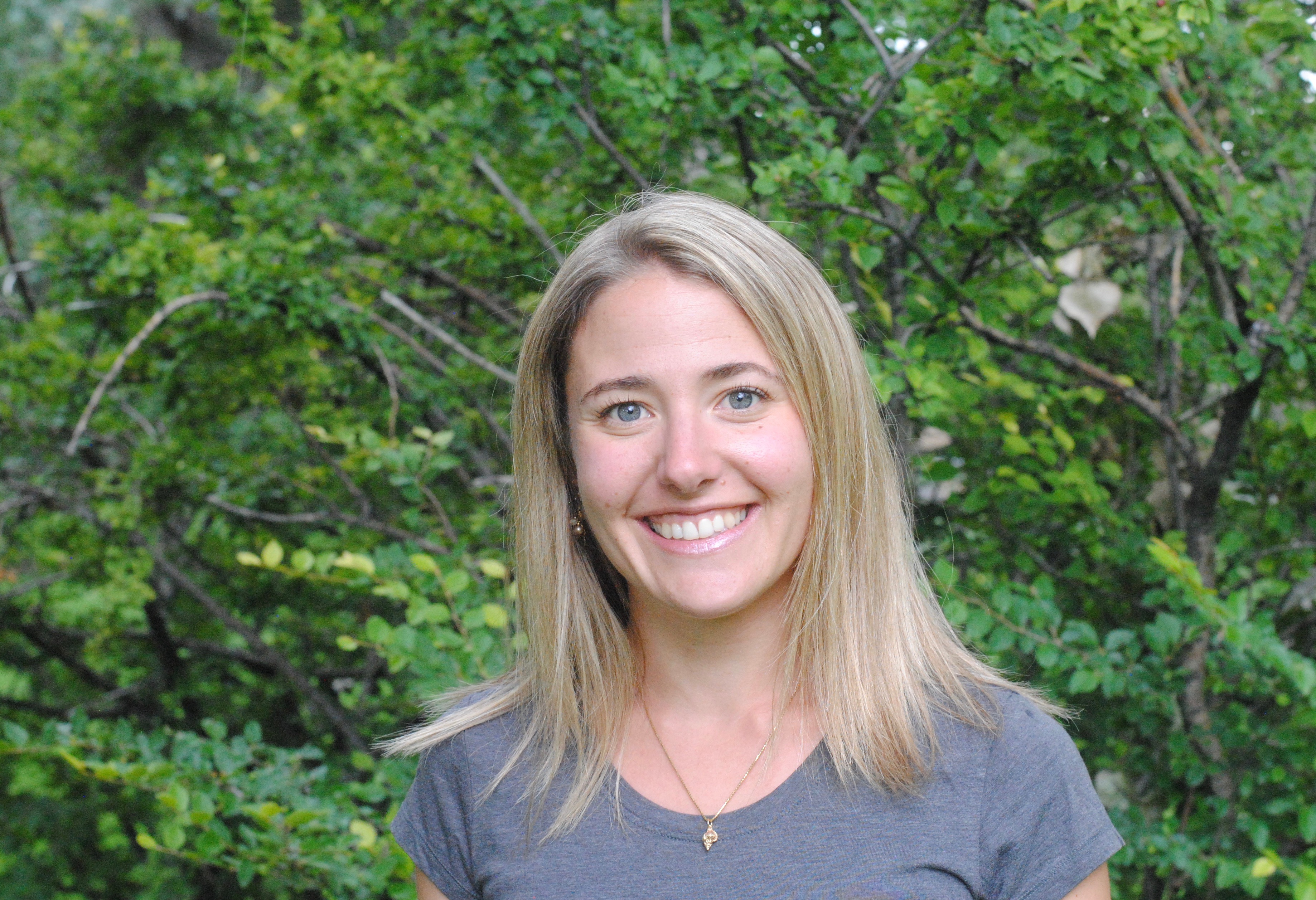
Selena Gerace recently completed her MS at the University of Wyoming where she double majored in Agricultural and Applied Economics and Environment and Natural Resources. As a graduate student, she also worked with the Ruckelshaus Institute, assisting facilitators to lead county-level committees of the Wyoming Public Lands Initiative.
As the Extension Outreach Coordinator on the WAFER-x team, Selena will work with team members across institutions to ensure effective communication and full engagement with region stakeholder groups.
Julia Haggerty, Montana State University
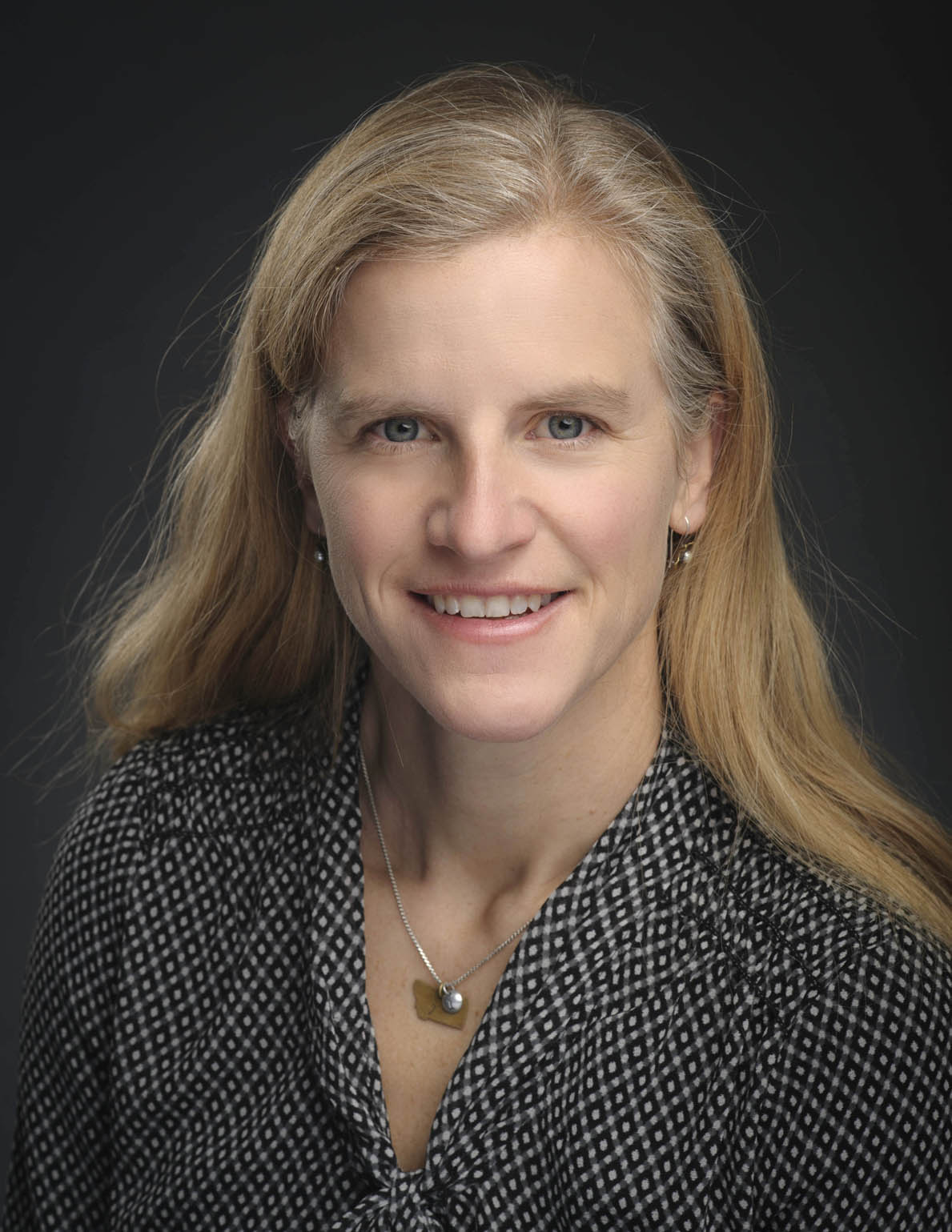
Julia Hobson Haggerty is an Assistant Professor of Geography in Montana State University's Earth Science Department and holds a joint appointment with the Montana Institute on Ecosystems. Haggerty’s research focuses on interactions between natural resource use and the social and economic well being of rural communities. Her specific research interests include underserved and tribal communities, metrics and theories of community resilience, participatory research, and longitudinal impact assessment. Haggerty currently directs “Escaping the Resource Curse,” a multi-institutional research project funded by the USDA to assess local costs and benefits of unconventional oil and gas development in the Bakken, Powder River Basin, and Marcellus shale regions. She is co-Director of energyimpacts.org, an NSF-funded Research Coordination Network focused on cross-disciplinary social science research on energy development. Haggerty is an appointed member of the National Academies of Sciences Roundtable on Unconventional Hydrocarbon
For WAFERx Haggerty leads policy analysis focused on implications of a BECCS economy for rural community well-being. With her students, she has a policy brief and academic manuscript focused on policy development to address local impacts of the coal transition.
Prior to joining Montana State University in 2013, Haggerty worked for five years as a policy analyst for the regional non-profit research group Headwaters Economics. There she gained extensive experience working directly with decision-makers in local, state and regional contexts. Haggerty is a native of Boston, MA and a graduate of Colorado College. She received her PhD in History from the University of Colorado-Boulder in 2004 and was a post-doctoral fellow at the Centre for the Study of Agriculture, Food and Environment at the University of Otago (New Zealand) from 2005-2007.
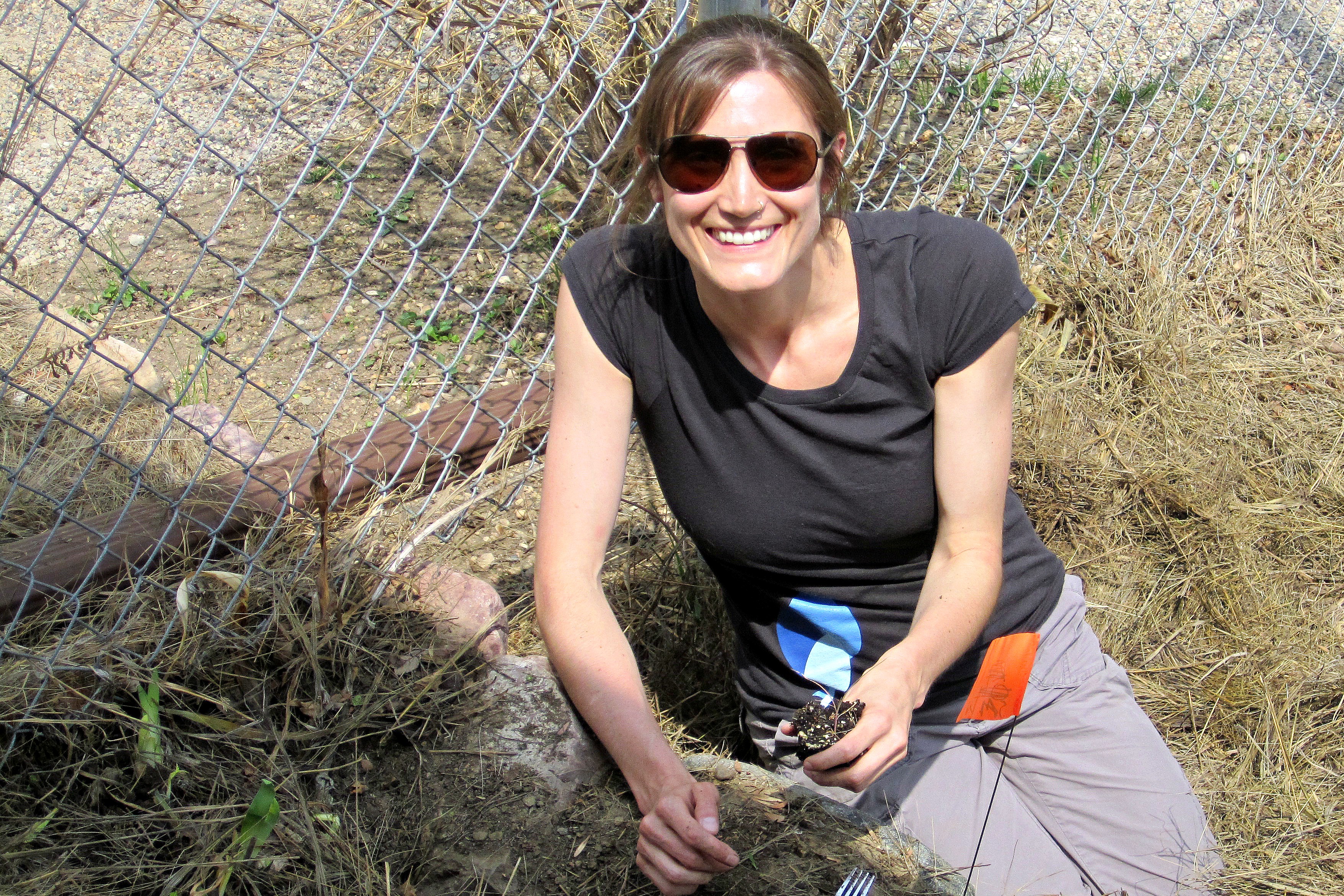
Meghann Jarchow, PhD, is the coordinator of the Sustainability Program at USD. Her research focuses on prairie plant community ecology, sustainability pedagogy, and scenario planning.
For the WAFERx project, Meghann will be leading the research focused on visioning for a sustainable and desirable UMRB and mapping cultural ecosystem services associated with land use and land-use change in the UMRB.
She received her PhD (2012) in sustainable agriculture and ecology and evolutionary biology from Iowa State University, her MS (2005) in biology from Minnesota State University – Mankato, and her BA (2002) in biology from Ripon College.
Her lab website can be found at www.JarchowLab.org.
Windy Kelley, USDA Northern Plains Climate Hub, University of Wyoming Extension
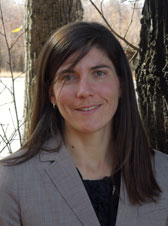
Windy Kelley works for the University of Wyoming Extension, and is the Regional Extension Program Coordinator for the USDA Northern Plains Climate Hub (NPCH), which serves Montana, Wyoming, Colorado, Nebraska, and North and South Dakota. The USDA Climate Hub’s vision is to ensure robust and healthy agricultural production and natural resources under increasing weather variability and a changing climate.
Windy will coordinate with the WAFERx Project to develop and deliver extension and outreach efforts throughout the project area, and to assist with making connections with regional stakeholders.
Windy has an MS in Rangeland Ecosystems (2010) and a BA in Natural Resources (2006) – both from Colorado State University.
Connect with Windy at: wkelley1@uwyo.edu or follow her on Twitter @windyranges
Perry R. Miller, Montana State University
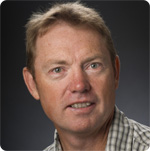
Perry Miller is a professor at Montana State University investigating the development of diversified cropping systems under water-limited conditions to maintain or improve soil quality, economic returns and sustainable practices. He also researches resource-use-efficiency in no-till and organic systems, spring and winter pulse crop agronomy, annual pea forage and green manure systems, and farming strategies for reducing greenhouse gas emissions.
He has a Ph.D. from University of Minnesota; an M.S. 1989, University of Guelph, Canada;
and a B.S. 1984, University of Saskatchewan, Canada.
Amy Nagler, University of Wyoming (UW)
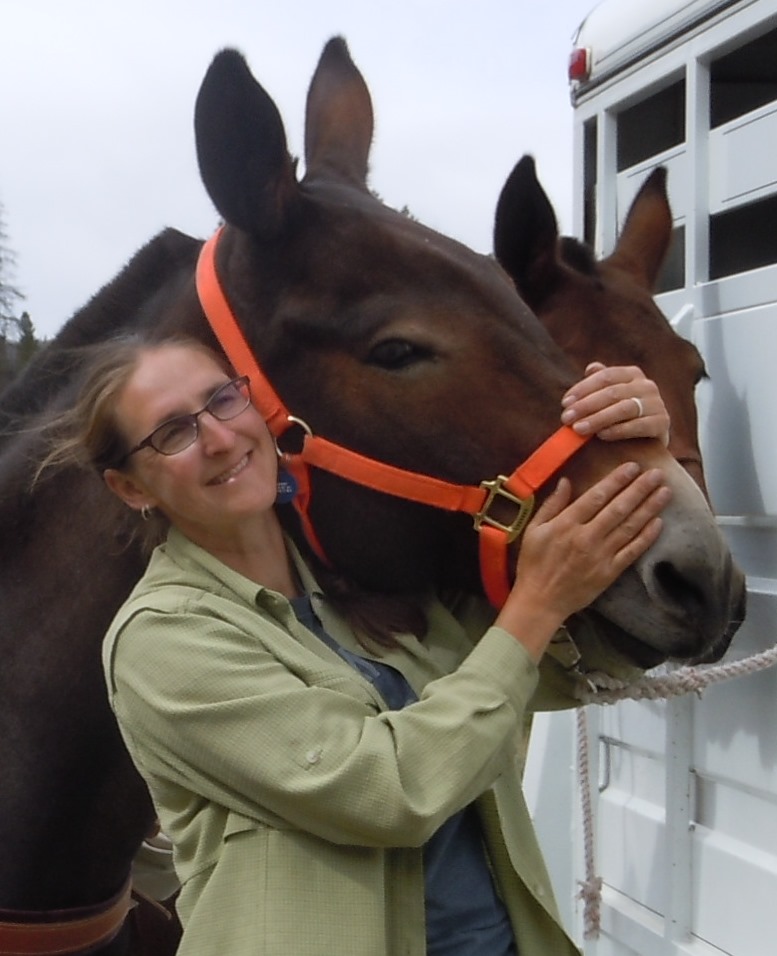
Amy Nagler is a Research Scientist at the University of Wyoming’s Department of Agricultural and Applied Economics. Amy is working with the WAFERx team at UW to collect data and information describing historic and current agricultural production and practices in the Upper Missouri River Basin.
Recent projects include a diverse set of applied agricultural economics research: experimental markets with applications to habitat exchange market design and managing marketing and pricing risks in agricultural markets; describing sheep and goat production, marketing, and transportation networks in the Intermountain West to better inform disease modeling and response; and economic contributions from recreational trails usage on public lands.
Nagler received her MS in Agricultural Economics at the University of Wyoming in 2002 and a BA in Comparative History at the University of Washington in 1996.
Brent Peyton, Montana State University

Dr. Brent Peyton is a full Professor on the faculty of the Chemical and Biological Engineering Department, the Director of the Thermal Biology Institute, and in the NSF Center for Biofilm Engineering at Montana State University. His research focus is on extremophilic bioprocessing, in situ biocatalyzed heavy metal biotransformations (Se, Cr, U), and growth of algae and fungi for biodiesel production in natural and engineered biological systems.
Before returning to MSU in 2005, Dr. Peyton was a tenured faculty member at Washington State University for 8 years. Prior to WSU, he was in the Bioprocessing/Bioremediation Research Group at the Pacific Northwest National Laboratory for 5 years.
He has authored and co-authored over 100 peer-reviewed scientific publications, and holds four patents in environmental biotechnology.
Ben Poulter, NASA
Ben Poulter is a Research Scientist in the Earth Sciences Division at the NASA Goddard Space Flight Center in Greenbelt, Maryland. His research is focused on understanding how terrestrial ecosystems recycle and store carbon from the atmosphere in vegetation and soils. Using ecological models, with observations from satellites, field studies and experiments, Ben's group investigates processes that span the exchange of CO2 at the leaf level, to how climate change, deforestation, disturbance alter vegetation at continental to global scales.
Ben received his PhD from Duke University in 2005, and worked at a variety of research institutes across Europe before setting up a research group at Montana State University in 2014, since the fall of 2016, Ben has been affiliated with NASA. His research is published in both the primary literature, in peer-reviewed publications, governmental reports, i.e., the IPCC and USGCRP, and also featured in various media outlets such as The Conversation and on NPR. His role on WAFERx will be to develop the LPJ dynamic global vegetation model to simulate biofuel production under various land-cover and land-use change scenarios and to provide projections for changes in vegetation cover and biogeochemistry that will be used to inform water quality, biodiversity, and energy production impacts.
Ben Rashford, PhD, is an associate professor in the Dept. of Ag & Applied Economics at the University of Wyoming. His current appointment is split between teaching, research and extension.
Ben's research and extension efforts are focused broadly in the areas of environmental and natural resource economics, with particularly interests in natural resource issues at the intersection of agricultural production and the environment. Some of his current research and extension projects include:
- Conservation and management of wildlife on private land
- Effects of climate change on land use and habitat conservation
- Economics of wildlife disease in range livestock production systems
On the WAFERx project, Ben will be leading the Wyoming team who will analyze the economic implications of achieving different BECCS scenarios, including how various economic and climate drivers influence the region's land use, how alternative farming systems affect on-farm profitability, and how different BECCS options affect the regional economy.
Ben also teaches a graduate course in research methods (AGEC 5650), which covers written and oral communication skills for applied economics research.
CV
Dr. Lee H. Spangler, Montana State University
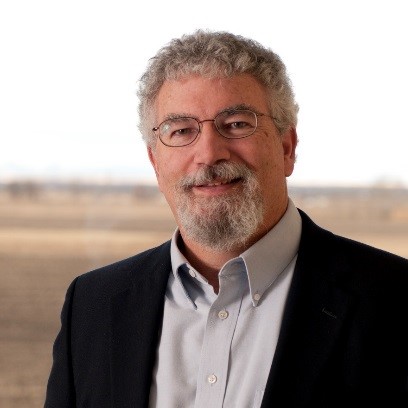
Dr. Lee H. Spangler is the associate vice president of research at MSU. His academic training and experience include a bachelor's degree in physics and chemistry from Washington and Jefferson College, where he graduated summa cum laude. He then earned his doctorate in physical chemistry from the University of Pittsburgh, where his work was nationally recognized with the Proctor & Gamble Award, before accepting the Director's Funded Postdoctoral Fellowship at Los Alamos National Laboratory.
Spangler was first employed at MSU as an assistant professor of physical chemistry and later co-founded and directed MSU's Optical Technology Center. Upon moving into the Office of Research, Creativity and Technology Transfer, he began developing research collaborations, such as MSU's High Temperature Electrochemistry Center.
David Swanson, PhD, is Director, Missouri River Institute, and Professor of Biology at the University of South Dakota. His research interests are broadly based in the areas of avian ecology and ecological physiology and the evolution of physiological adaptation in animals (particularly vertebrates). Within these broad areas, his specific research foci include:
- Patterns, mechanisms and evolution of seasonal phenotypic flexibility and adaptation to cold in birds;
- Habitat use during migration and breeding for Northern Prairie birds, particularly including comparisons of natural and human-modified habitats.
Dr. Swanson will be involved in the avian biodiversity modeling sub-project of the WAFERx project, which will examine how landscape changes in the Northern Prairie region related to various BECCS scenarios will impact bird biodiversity, abundance and productivity in the Upper Missouri River Basin.
